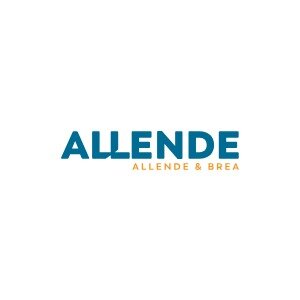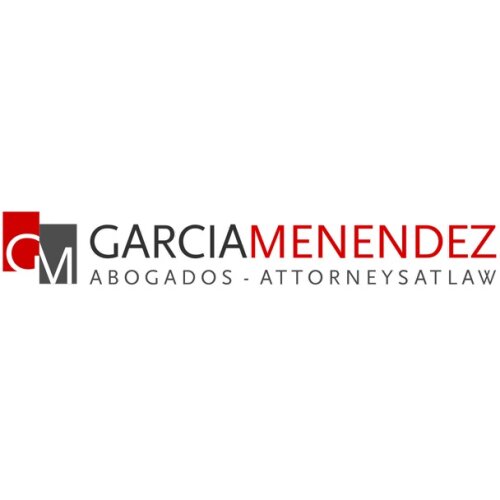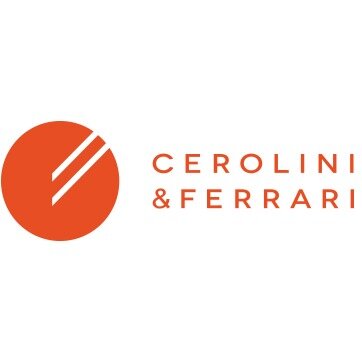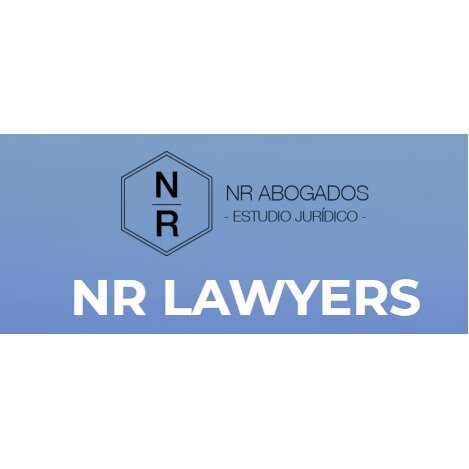Best Renewable & Alternative Energy Lawyers in Argentina
Share your needs with us, get contacted by law firms.
Free. Takes 2 min.
Or refine your search by selecting a city:
List of the best lawyers in Argentina
About Renewable & Alternative Energy Law in Argentina
Argentina has emerged as a significant player in the field of renewable and alternative energy, largely due to its abundant natural resources and government policies promoting sustainable development. The country is investing exponentially in solar, wind, hydroelectric, and biomass energy sources to diversify its energy matrix and reduce dependence on fossil fuels. Legal frameworks have been developed to encourage private investment, support technological innovation, and ensure regulatory compliance within the sector. These laws set out the rights, obligations, and incentives for individuals and companies involved in renewable energy projects.
Why You May Need a Lawyer
Engaging a lawyer with expertise in renewable and alternative energy can be crucial for navigating the complex legal landscape in Argentina. Common situations where legal assistance is valuable include:
- Interpreting and complying with regulations for starting or expanding renewable energy projects
- Negotiating power purchase agreements or land use contracts
- Applying for permits, authorizations, or subsidies from governmental bodies
- Handling disputes with regulators, partners, or local communities
- Cross-border investments and joint ventures in renewable energy
- Understanding taxation and customs benefits related to renewable energy equipment
A legal specialist can help you navigate application processes, ensure compliance, and represent your interests in negotiations or disputes related to renewable energy ventures.
Local Laws Overview
Argentina’s legal framework for renewable and alternative energy is robust and continues to evolve. Key aspects include:
- Law 27.191: Establishes a legal regime to promote renewable sources of energy for electricity generation, setting progressive targets for renewable energy use in the country.
- Resolution 281-E/2017: Regulates the procurement of renewable energy and defines specific requirements for projects under the RenovAr program.
- RenovAr Program: An initiative aimed at attracting investments through public tenders and providing fiscal incentives, such as tax exemptions and accelerated depreciation for renewable energy projects.
- Net Metering: Law 27.424 regulates distributed generation from renewable sources, allowing small producers to inject surplus energy into the grid and receive compensation.
- Environmental Impact Assessment (EIA): Renewable projects must comply with environmental regulations, including obtaining EIAs and environmental licenses.
Additional local and provincial regulations may also apply, and coordination with different governmental levels is often required.
Frequently Asked Questions
What types of renewable energy projects are most common in Argentina?
Wind, solar, and hydroelectric projects are the most prevalent, but there is also significant growth in biomass and biogas initiatives.
What incentives are available for renewable energy investment?
There are several incentives, including tax benefits, accelerated depreciation, import duty exemptions for equipment, and long-term power purchase agreements.
How do I apply for a permit to start a renewable energy project?
Applications usually start with the national or provincial energy agency and involve environmental impact assessments, land use analysis, and technical feasibility studies. Legal advice ensures all regulatory requirements are met.
What is the RenovAr program?
The RenovAr program is a government initiative to promote renewable energy generation through competitive bidding processes, offering incentives such as tax breaks and guaranteed offtake agreements.
What is net metering and how does it work?
Net metering allows individuals or businesses generating renewable energy to feed surplus power into the electricity grid and receive compensation, reducing overall energy costs.
Are there restrictions on foreign investment in renewable energy?
Argentina welcomes foreign investment and provides similar incentives to local and international entities, although compliance with local content requirements and other regulations may be necessary.
What environmental considerations apply to renewable energy projects?
Projects must complete an Environmental Impact Assessment and obtain necessary licenses to ensure compliance with national and provincial environmental standards.
What legal documentation is essential for a renewable energy project?
Key documents include land lease or purchase agreements, power purchase agreements, permits and licenses, shareholder agreements, and environmental certifications.
How are disputes typically resolved in this industry?
Disputes may be resolved through negotiation, mediation, arbitration, or litigation. Contracts often include alternative dispute resolution clauses.
Can communities participate in renewable energy projects?
Yes, community-driven projects are supported, and regulatory frameworks allow for small-scale distributed generation by individuals and cooperatives.
Additional Resources
- Ministry of Energy and Mining (Ministerio de Energía y Minería de la Nación): Primary regulatory authority for national energy policy and project approvals
- National Directorate of Renewable Energy (Dirección Nacional de Energías Renovables): Provides information and guidance on renewable energy regulations
- Cámara Argentina de Energías Renovables (CADER): Trade association promoting renewable energy sector development
- Argentinian Agency for Investment and International Trade: Support for investors in renewable energy
- Provincial energy authorities: Localized guidance on permits and regulations
- Local legal firms with expertise in energy law
Next Steps
If you are considering involvement in the renewable or alternative energy sector in Argentina, or need legal assistance for an existing project, it is advisable to:
- Identify the specific nature of your project or concern, such as setting up a new installation, negotiating agreements, or resolving regulatory issues
- Gather relevant documents, including any correspondence with authorities, contracts, or licenses
- Contact a lawyer or law firm with expertise in renewable and alternative energy law in Argentina
- Prepare a list of questions or concerns to discuss with your legal advisor
- Stay updated with regulatory changes by following industry news or joining professional associations
- Consult additional governmental or industry resources as recommended above
Legal support can make a significant difference in the successful launch, operation, or expansion of renewable energy projects in Argentina by ensuring compliance and protecting your interests at every stage.
Lawzana helps you find the best lawyers and law firms in Argentina through a curated and pre-screened list of qualified legal professionals. Our platform offers rankings and detailed profiles of attorneys and law firms, allowing you to compare based on practice areas, including Renewable & Alternative Energy, experience, and client feedback.
Each profile includes a description of the firm's areas of practice, client reviews, team members and partners, year of establishment, spoken languages, office locations, contact information, social media presence, and any published articles or resources. Most firms on our platform speak English and are experienced in both local and international legal matters.
Get a quote from top-rated law firms in Argentina — quickly, securely, and without unnecessary hassle.
Disclaimer:
The information provided on this page is for general informational purposes only and does not constitute legal advice. While we strive to ensure the accuracy and relevance of the content, legal information may change over time, and interpretations of the law can vary. You should always consult with a qualified legal professional for advice specific to your situation.
We disclaim all liability for actions taken or not taken based on the content of this page. If you believe any information is incorrect or outdated, please contact us, and we will review and update it where appropriate.
Browse renewable & alternative energy law firms by city in Argentina
Refine your search by selecting a city.















